Negotiators seeking successful and lasting partnerships need reliable guidance to improve their skills. Bargaining for Advantage: Negotiation Strategies for Reasonable People by business professor G. Richard Shell (Reissue ed., 2000) is my second bookend reference in this category.
Bargaining for Advantage provides much of the basis for the art of negotiation by laying out a proscriptive, rational, four-step negotiation process built upon six foundational principals. Prof. Shell’s purpose is to enable the reader to create “a confident attitude based on tested and reliable knowledge about the negotiation process.” With the recognition of innate capabilities and practice, anyone can improve.
Building Blocks for Your Own Negotiation Style
Shell created a book outlining process-oriented negotiation. He illustrates six foundations – personal style, goals, standards, relationships, the other party’s interests, and leverage – then weaves these into a stepwise process of preparation, information exchange, reaching agreement, and closing. Shell’s advice, “So take the knowledge you find here and build your own foundations for an effective style.”
As a theme, Bargaining for Advantage focuses on the use of ‘toolboxes’ based upon the productive communication and cognitive skills present in everyone. The author emphasizes that while listening is required, it is just as important to fully understand what you are really after (and what the other party may be after).
Shell deftly describes the negotiation process, conveying believably that anyone can improve. By covering in-depth the development of positioning themes (now typically called framing) and the nuances of leverage, including the importance of credibility and the different forms of leverage, Shell reinforces that preparation is a critical component of negotiation.
The Chess Pieces of Negotiation but Perhaps Not the Game
Shell uses the image of chess-pieces as illustrations of negotiation. For my part, I can’t entirely agree with the order or completeness of the foundations, and certainly don’t agree on the sequential nature of the negotiation process (the steps happen but they overlap and repeat). Yet the pieces are accurate and helpful elements to take the initial complexity out of negotiation. I remember to this day one particular admonition of his, “... [N]o matter how bleak the situation may seem, there is always an alternative.”
As a fan of using matrices to analyze complexity, Shell beneficially uses a situational matrix for assessing a negotiation’s context. However, complexity creeps back into Bargaining for Advantage as Shell sprinkles several negotiation’s tactics throughout the various sections, instead of addressing the issues directly. Of course, Shell remarks that one must take the pieces for their own creative use in negotiation.
Years of Practice Brought out the Subtext
After years of negotiating while immersed in foreign cultures, the subtle connections between Shell’s pieces emerged for me, even if I didn’t realize it. While driving my kids and their friends to-and-fro during one hiatus back from overseas, a young girl’s voice spoke up from the back seat, “Do you really work for the C.I.A.?”
After a brief (but masked!) surprise, and a nonchalant (and truthful!) denial, I felt affirmed: my consuming passion for engaging the wider world was transparent to others, if not overtly to myself. Friends recognized that I had developed unique tools and diverse techniques to handle the complexity of people working together at home and in the community. In short, my comfort with foreign places, people, and things had become apparent to those around me.
Cultural issues often appear only as subtext in many traditional negotiation models, such as Bargaining for Advantage. Such traditional practitioners generally sprinkle such behavioral influences into their negotiation models rather than fully integrate them. Yet the more I re-read Bargaining for Advantage, the easier it became to connect Shell’s overt pieces to his subtexts on intuition.
The Second Must-read, in Part or Whole
I took to heart Shell’s admonition to build my own system, and the importance of Bargaining for Advantage cannot be overstated. My copy, now dog-eared and yellowed, is a frequent reference for me. I hope it becomes one for you as well.
Next month, I’ll review Richard Lewis’ When Cultures Collide: Leading Across Cultures.

